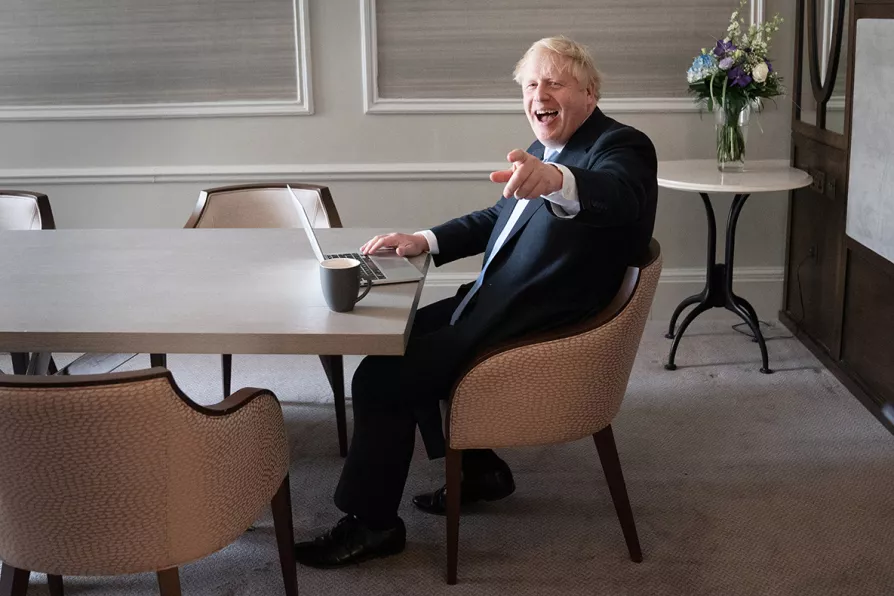Rise in revolt over the universal credit cut – and the Tory lies on wages


TOMORROW the removal of the £20 universal credit uplift will punch a hole in millions of household budgets across Britain.
It will do so as millions are receiving letters informing them that their energy bills are going up.
As the end of furlough could spell hundreds of thousands of job losses in the sectors still suffering extreme disruption as a result of the pandemic. At a time when hunger is already so widespread that foodbanks outnumber McDonald’s outlets.
Similar stories

Labour must not allow unelected members of the upper house to erode a single provision of the Employment Rights Bill, argues ANDY MCDONALD MP

With young people, the disabled and the elderly in Labour’s sights as ‘easy targets’ for cuts, the labour movement must remember it’s in the vital interests of us all to defend the groups being picked off, writes DIANE ABBOTT MP

As we face savage cuts to our pay and conditions while the executive gravy train chugs on, Unite is putting the Scottish government on notice as workers prepare for a massive wave of resistance, writes DEREK THOMSON











